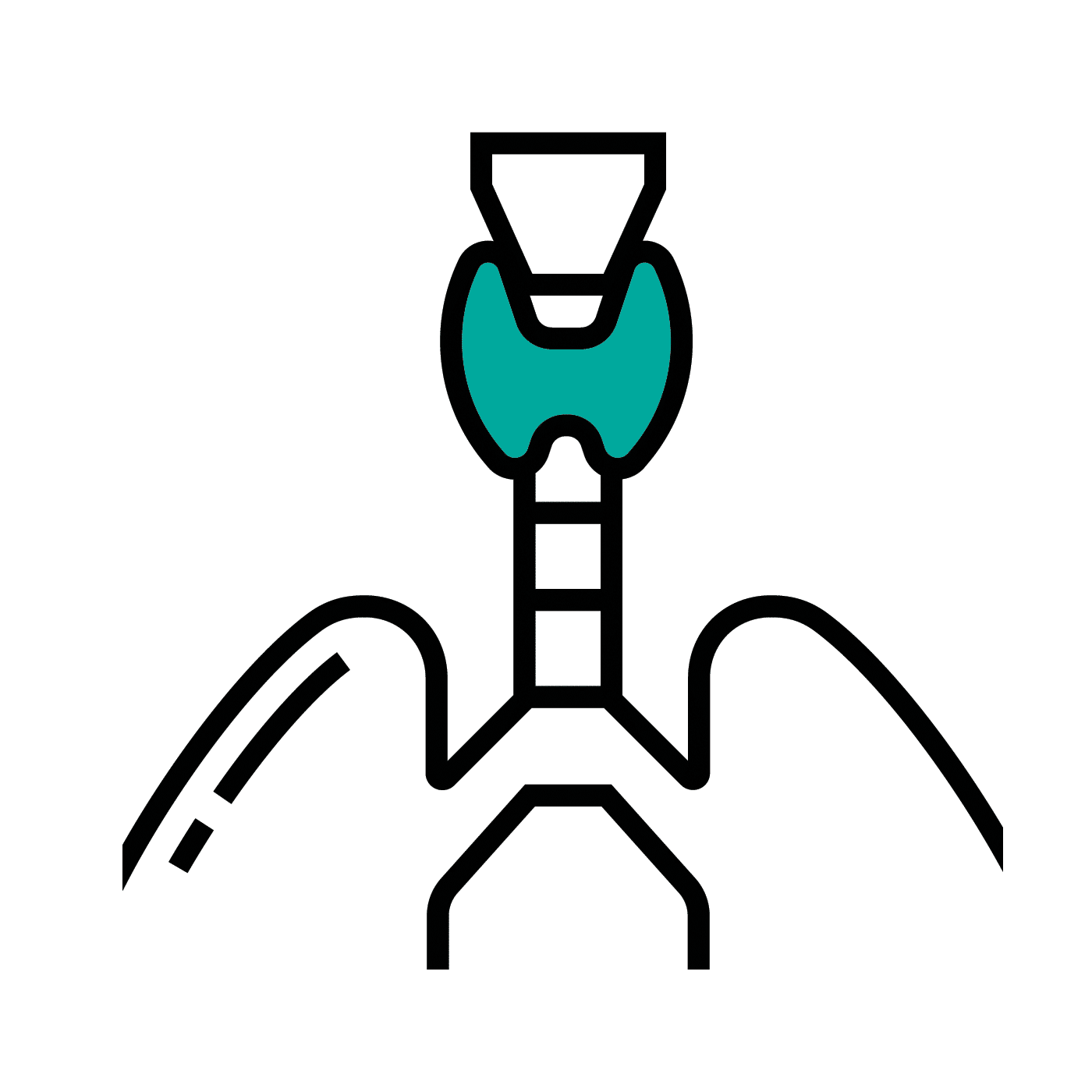- The Basics
- Head
- Neuroanatomy
- Neck
- Thorax
- Back
- Upper Limb
- Lower Limb
- Abdomen
- Pelvis
- 3D Body
The Neck
The neck is the area between the skull base and the clavicles. Despite being a relatively small region, it contains a range of important anatomical features.
One of the functions of the neck is to act as a conduit for nerves and vessels between the head and the trunk. The carotid and vertebral arteries which travel through the area carry high volumes of blood to meet the high metabolic requirements of the brain. This blood returns to the trunk through large jugular veins. The region’s lymphatic system is clinically important because it can reveal signs of infection of the head and neck.
Many of the nerves in the neck arise from the cervical plexus. The phrenic nerve is crucial in its role innervating the diaphragm while other branches of the plexus provide sensation and supply the muscles of the neck. Some of these muscles are involved in positioning the head while others are responsible for manipulating the pharynx via the hyoid bone. Aside from the hyoid bone, skeletal support in the neck comes from the cervical spine. The two most superior cervical vertebrae are highly specialised to allow an excellent range of motion at the head.
As well as conducting structures between its surrounding areas, the neck houses a range of organs. These include the larynx from the respiratory system, the upper oesophagus from the gastrointestinal system and the thyroid and parathyroid glands which are part of the endocrine system.
The diverse assortment of structures in the neck is naturally compartmentalised by a series of fasciae. Clinically, surface anatomy is used to split the neck into anterior and posterior triangles which provide clues as to the location of specific structures.
Learn more about the anatomy of the neck in this section.







